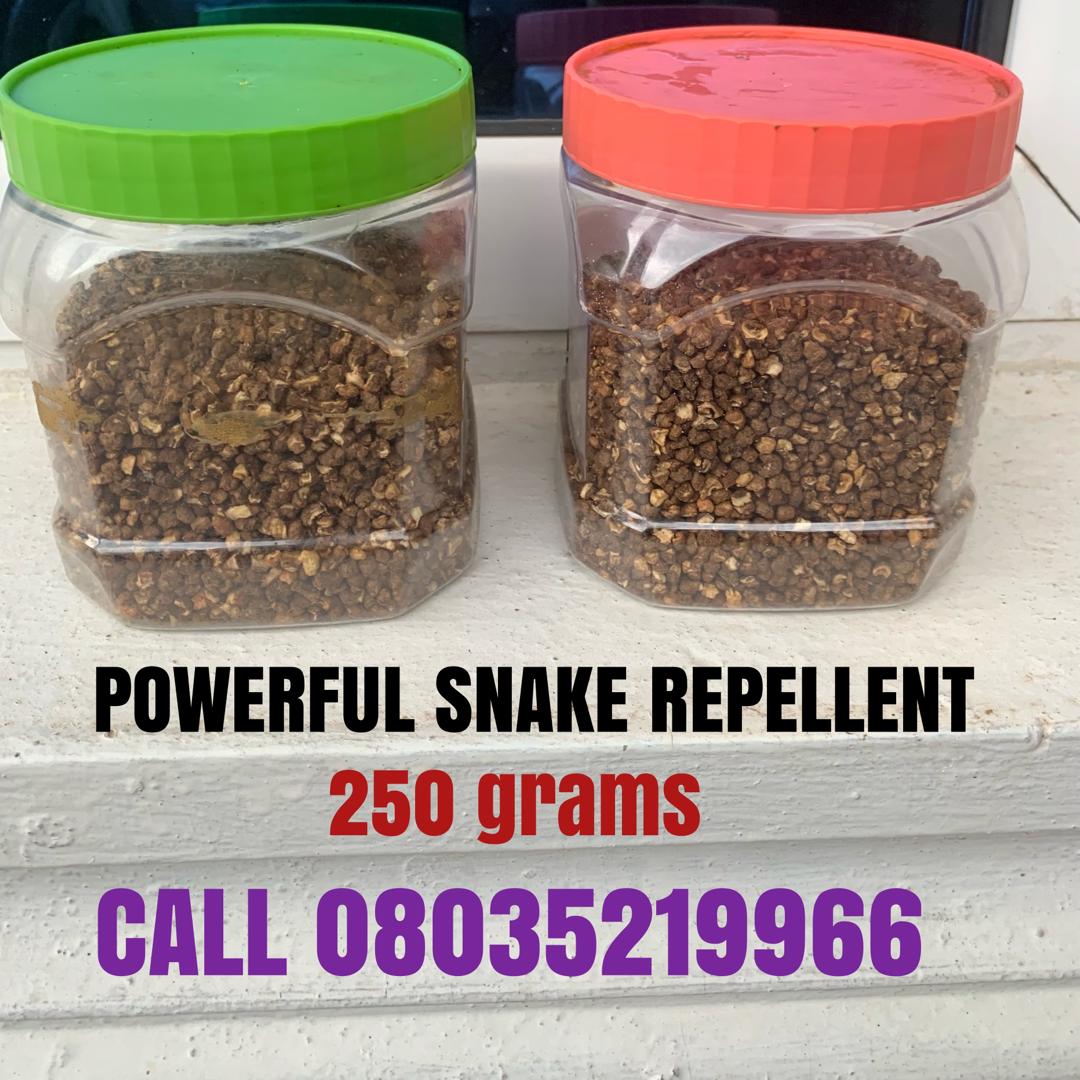Critical factors to consider when handling sheep and goats bacteria diseases
Handling bacterial diseases in sheep and goats is crucial for maintaining the health of your flock. Here are critical factors to consider, along with details:
 Learn More
Learn More1. **Biosecurity Measures**:
– Implement strict biosecurity protocols to prevent the introduction and spread of bacterial diseases. Control access to the farm, quarantine new animals, and disinfect equipment and clothing.
2. **Quarantine**:
– Isolate new animals for a period before introducing them to the existing flock or herd. This allows for observation and early detection of any diseases they may carry.
3. **Vaccination**:
– Consult with a veterinarian to develop a vaccination program tailored to your specific region and the diseases prevalent in your area. Vaccination can help prevent certain bacterial infections.

4. **Nutrition**:
– Provide a well-balanced diet that meets the nutritional needs of sheep and goats. Proper nutrition helps maintain a strong immune system.
READ ALSO How to Manage the Health of Animals to the Best from them
5. **Hygiene and Sanitation**:
– Maintain clean and hygienic living conditions. Regularly clean and disinfect pens, feeders, and waterers to minimize the risk of bacterial contamination.
6. **Disease Surveillance**:
– Implement a regular monitoring program to observe animals for signs of illness, such as lameness, respiratory issues, or changes in behavior. Early detection is key to disease management.
7. **Veterinary Care**:
– Establish a relationship with a veterinarian who can provide guidance on disease prevention, diagnosis, and treatment when necessary.
8. **Isolation and Culling**:
– Isolate sick animals promptly to prevent the spread of bacterial diseases within the flock or herd. Consider culling severely affected individuals if necessary.
READ ALSO 15 Symptoms that your Goat is Dying and What to Do to Arrest it
9. **Record Keeping**:
– Maintain detailed records of animal health, vaccinations, treatments, and disease outbreaks. These records are essential for tracking disease history and treatment efficacy.
10. **Worker Training**:
– Train farm workers in proper hygiene practices and biosecurity measures to minimize the risk of introducing or spreading bacterial diseases.
11. **Zoonotic Risk**:
– Be aware of zoonotic diseases (diseases that can transfer from animals to humans) associated with sheep and goats. Take precautions when handling animals or their products to prevent infections.
ATTENTION: Click “HERE” to join our WhatsApp group and receive More updates directly on your WhatsApp!
12. **Regulatory Compliance**:
– Stay informed about and comply with local and national regulations related to sheep and goat farming and disease control.
13. **Selective Breeding**:
– Consider breeding programs that focus on disease resistance in your sheep and goats. This can be a long-term strategy to develop a more disease-resistant flock or herd.
14. **Environmental Management**:
– Properly manage the living environment, including shelter, ventilation, and bedding, to reduce stress on animals and maintain optimal conditions for health and growth.
15. **Antibiotic Stewardship**:
– Use antibiotics judiciously and only under the guidance of a veterinarian. Overuse can lead to antibiotic resistance in bacteria.
16. **Flock or Herd Health Plan**:
– Work with a veterinarian to develop a comprehensive health plan that includes disease prevention, treatment protocols, and regular health assessments.
Each bacterial disease may require specific management strategies, so consult with a veterinarian or extension service for guidance on managing and preventing specific bacterial infections in your sheep and goat flock or herd.
🧩CREATED BY DR JOSEPH DEJI-FOLUTILE















